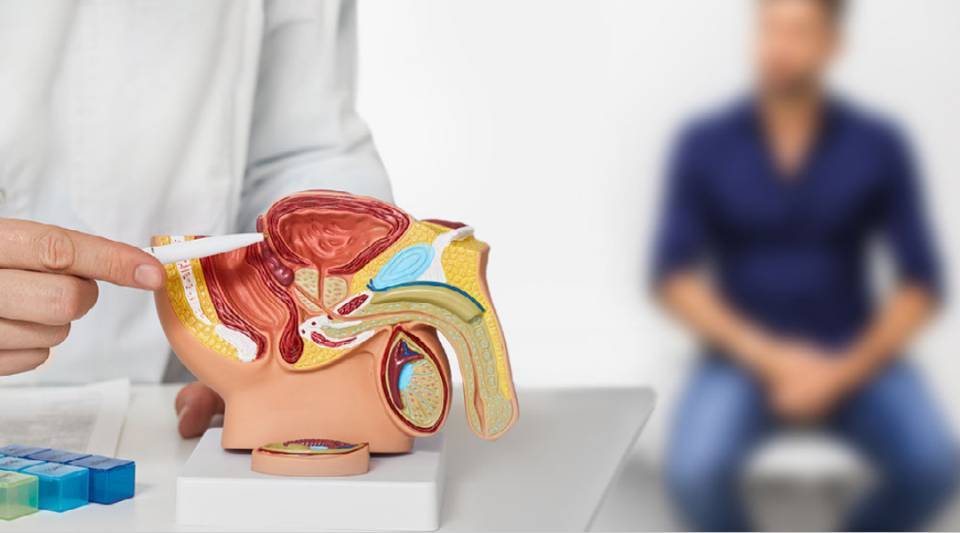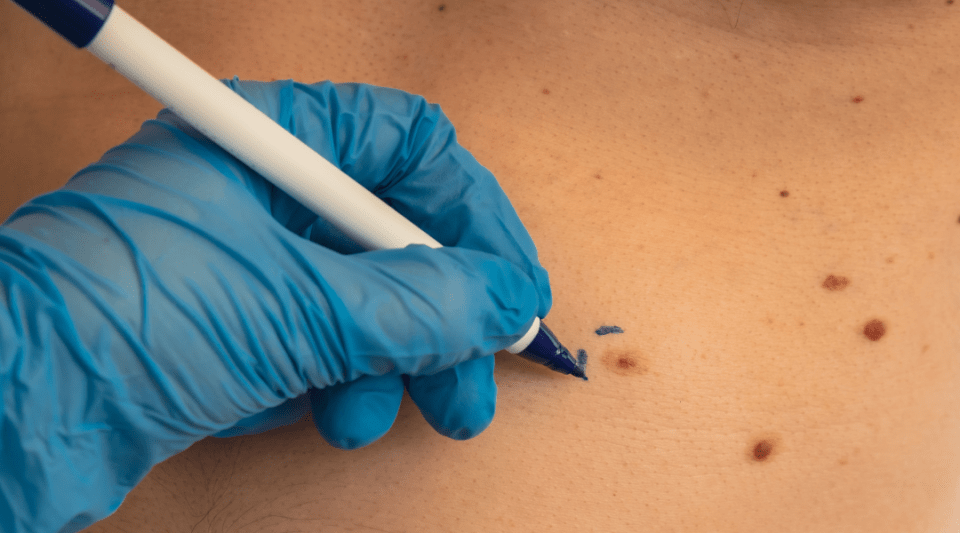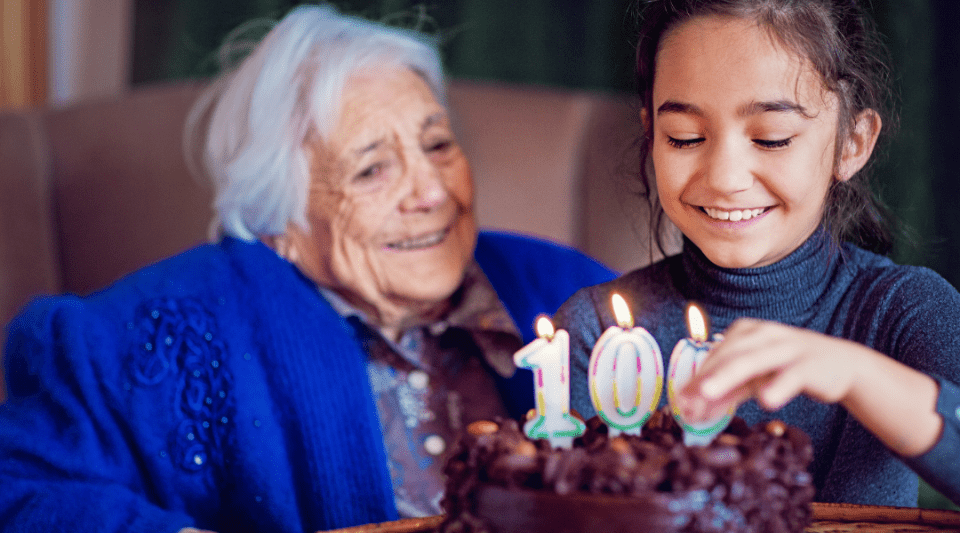This decline in testosterone with age is completely normal. For most men it is not a problem, but in some cases it causes sexual health problems and a doctor may need to be consulted. This drop in testosterone is known as the "male menopause", “andropause" or male hypogonadism. It is caused by the low level of hormones being produced by the gonads (or testicles); the male genital glands responsible for making reproductive cells. This excessive drop in testosterone can also be accompanied by loss of bone and muscle mass, changes in mood and humour and, in some cases, hot flushes. At the same time, it also affects sexual desire and can cause erectile dysfunction.
Men with associated diseases, such as type 2 diabetes, are more likely to have hypogonadism. There is also an increased incidence of this condition in men with obesity, high blood pressure, cholesterol and pulmonary or cardiovascular problems.
It is essential to have a good diagnosis to rule out other diseases. The first step should be to consult a family doctor, who will refer the patient to a urologist or andrologist, who is the specialist that studies sexual and reproductive health in men. Any treatment needed must be personalised for each patient, with an exhaustive control carried out by the specialist. The patient's weight, red blood cell count, sugar level and bone profile can help determine how to treat this disorder.
Dr Juan Manuel Corral, from the Andrology Unit at Hospital Clínic in Barcelona, and general secretary of the Spanish Association of Andrology, Sexual and Reproductive Medicine (ASESA), warns of the dangers of taking testosterone when not medically prescribed. He states that men who, for example, use testosterone to increase muscle mass and improve their physical appearance, are in reality inhibiting their reproductive capacity. In fact, testosterone is the best male contraceptive, as it inhibits sperm production.
Dr Corral believes that, to address the alterations in erectile function associated with male hypogonadism, multidisciplinary work is necessary, which involves andrology specialists, psychology professionals and, where possible, the patient's partner.
ARTICLE DOCUMENTED BY:
Dr Juan Manuel Corral Molina, Urology Consultant in Andrology Unit of Clínic Barcelona hospital.






